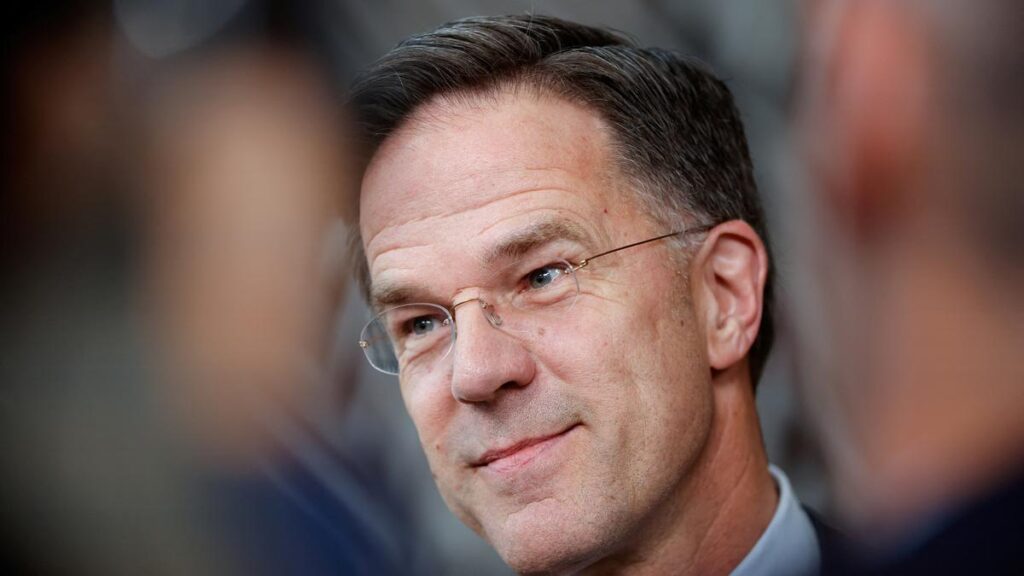
Dutch Prime Minister Mark Rutte's Appointment Signals NATO's Strategic Shift Amid Global Geopolitical Challenges
Dutch Prime Minister Mark Rutte has been chosen as the next leader of NATO, succeeding Secretary General Jens Stoltenberg starting October 1. The decision, finalized by major NATO nations including the United States, comes ahead of an upcoming summit in Washington.
Rutte, known for his diplomatic skills and strong leadership, takes over at a critical time with Russia’s actions in Ukraine and the upcoming U.S. elections in the backdrop. Stoltenberg praised Rutte as a “true transatlanticist” and a consensus-builder, expressing confidence in his ability to lead NATO forward.
Rutte, who has served as Dutch Prime Minister for 14 years, emphasized the honor of his new role and highlighted NATO’s crucial role in collective security. His appointment has garnered support from leaders across the alliance, emphasizing its importance for freedom and security.
As NATO chief, Rutte faces challenges including maintaining unity amid potential political shifts, particularly with former U.S. President Donald Trump’s possible return. His tenure will also navigate NATO’s response to Russia and the evolving global dynamics, including China’s influence.
Rutte’s appointment underscores NATO’s adaptation in the face of contemporary geopolitical challenges, aiming to uphold its mission since World War II against new threats and uncertainties.